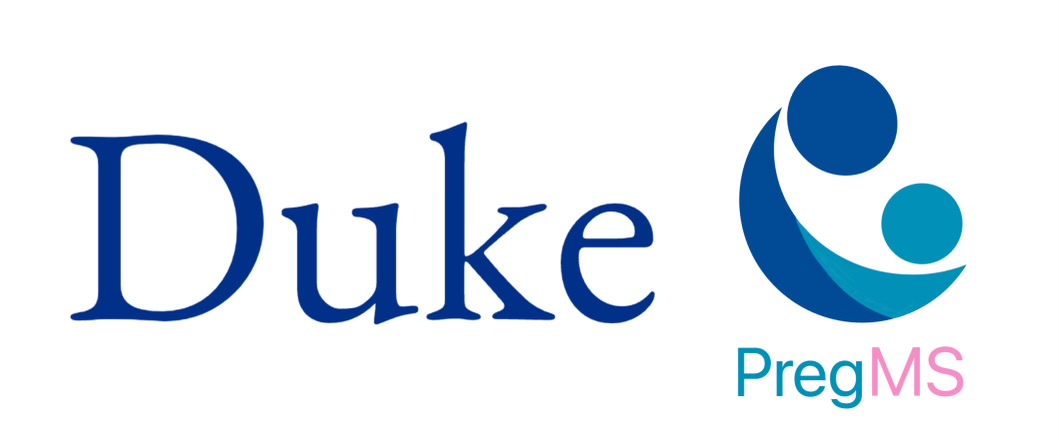Pregnancy is not automatically high risk for MS patients. Obstetric management decisions should still be made together with your obstetrician and anesthesiologist, including decisions on what delivery will look like. If your MS symptoms include significant weakness or spasticity, this may be taken into account in your delivery plan and you should be referred to a physiotherapist early in pregnancy.
Medications to Manage Symptoms
Generally, your neurologist should work with you to decrease medications used to manage conditions, such as anxiety, depression, fatigue, and mobility issues to the lowest possible dose in pregnancy.
In the rare event that you do experience a relapse in pregnancy, treatment with short courses of corticosteroids (methylprednisolone, prednisone, prednisolone preferred) are safe and American College of Obstetricians and Gynecologists (ACOG)* approved.

Complications
Patients with MS are more likely to have complications intra-partm or postpartum, such as infection, blood pressure disorders, and heart and blood vessel disorders. There is mixed evidence on the relationship between MS and preterm birth.

Recommendations
Follow regular recommendations from your obstetrician regarding folic acid and prenatal vitamin supplementation and routine vaccinations (may need to time vaccinations around MS medications). Smoking cessation and sleep optimization are likely to be helpful. You can also consider vitamin D supplementation with your obstetrician.
*ACOG produces practice guidelines for health care providers in obstetrics and gynecology


